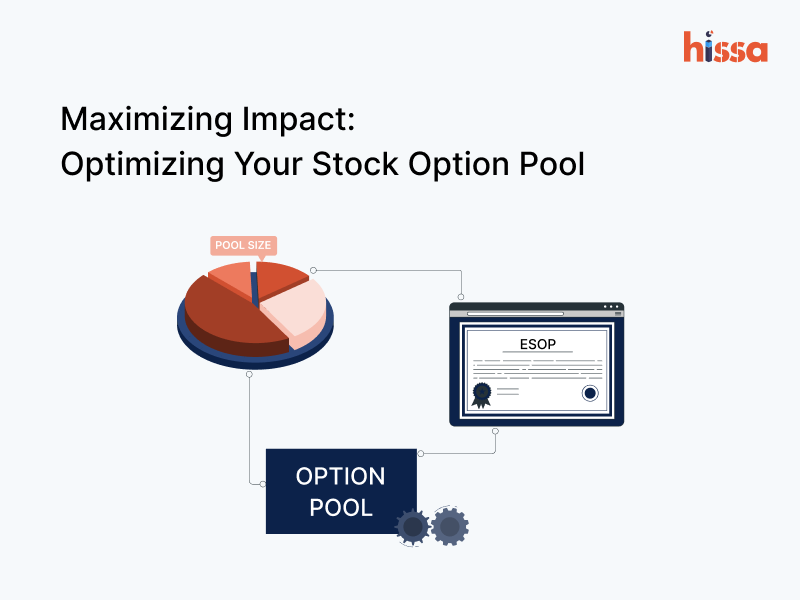What is a secondary sale of stock?
Employees or investors holding shares of a private company cannot liquidate their shares easily. This is because private company stock cannot be traded on the open market. One option available to them to exit from the company or earn a return on their investment is through a secondary sale of stock. This sale can happen to an existing shareholder or a new investor. Here, no new shares are issued by the company. The existing shares exchange hands along with its ownership in a private transaction.
How is the price of shares fixed for secondary sales?
Pricing of the shares depends on the following factors:
- Terms of the issue
- The residential status of the shareholders
- Size of the company
- Prevailing price per share
- Type of security
- Exit, liquidity events
How does the residential status of the shareholders affect secondary sale of shares?
| Transaction | Key aspects of pricing and compliance |
| Resident to resident | The price of shares is decided between the parties to the transaction. If the sale price is more than the price paid by the seller during investment, then capital gains tax is payable on the profit earned. |
| Resident to non-resident | The price at which the shares can be sold must be determined by a chartered accountant. From a regulatory perspective, it’s important that this price cannot, at any time, be lower than current face value of the company’s shares. Another key point is the sectoral cap on foreign investments. At no given time can a non-resident investor hold more of the company’s stock than the percentage mandated for each sector in the foreign direct investment (FDI) policy. The following documents must be filed in connection with such sale: a. Form FC-TRS along with the KYC (Know-Your-Customer) documents of the non-resident buyer. The resident seller must report the sale to the Reserve Bank of India (RBI). b. Foreign Inward Remittance Certificate (FIRC) obtained from the authorised dealer (banks approved to deal with foreign exchange) of the resident seller showing receipt of money from the non-resident buyer. |
| Non-resident to resident | The price of shares must be determined by a chartered accountant, or a merchant banker registered with the Securities and Exchange Board of India (SEBI). The purchase price must be remitted through an authorised dealer to the non-resident seller. The resident party must report the transaction to the RBI by filing Form FC-TRS with the authorised dealer. |
| Non-resident to non-resident | The price of shares is decided between the parties to the sale transaction. Since no money is coming into India, there are no filings required to be made with authorities in India. |
The secondary transactions will require submission of Form SH-4 to the company notifying the sale.
Are there any restrictions on sales?
The sale of shares of a company is bound by the provisions of its articles of association. Terms agreed in shareholders’ agreements, if any, on share sales also need to be considered. These usually include:
- Restrictions on founders: This clause restricts founders from selling shares to a third party without the prior consent of other shareholders of the company. However, existing shareholders can tag along and participate in the sale of shares by a founder on the same terms if they wish to. Typically, this is a right to participate on a pro-rata basis.
- Right of first refusal: Here the founders or other shareholders who intend to sell their shares must first offer them to the existing shareholders in the company. The other shareholders can purchase all or part the shares proposed to be sold. However, if a third-party buyer offers to buy the shares at a higher price than what the existing shareholders are offering, then the shares can be sold to the third-party buyer.
- Drag along rights: The investors, despite usually being minority shareholders, can insist that the founders and other shareholders sell their shares (‘drag’ them) as part of a sale negotiated by the investors. In an event of a drag sale, founders and other shareholders must sell their shares on the same terms (including price) as the investors.
Although secondary sale of shares is relatively simple in terms of the documentation and procedures to be complied, special attention needs to be given if non-resident parties are involved. Make sure to comply with FEMA, RBI, and SEBI regulations alongside FDI policies.







